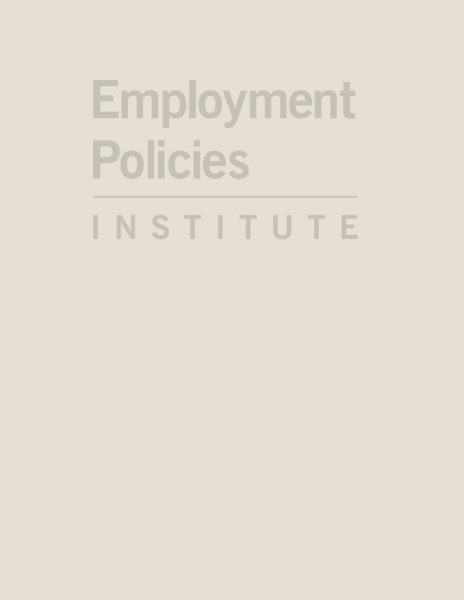The Effects of the Proposed Pennsylvania Minimum Wage Increase
September 2005
In recent years, the movement to enact “living wages” or increases in the minimum wage has been active in states and cities across the country. Advocates of these wage hikes argue that the increases will help low-income families escape poverty. While emotionally compelling, this argument ignores the unintended consequences the proposed increase would create. Worse, the mandated increase confers its benefits overwhelmingly on employees who…






